The Education and Skills team at the Academy undertakes policy activity across all phases of engineering education and skills to support the supply of engineers and the state of engineering education throughout the education system.
Previously, Education for Engineering (E4E) served as the mechanism to offer coordinated advice on education and skills policy on behalf of the engineering profession.
In 2022, the National Engineering Policy Centre became the formal mechanism for how the engineering education and skills policy community engage.
Latest outputs
Royal Society Mathematical Futures Programme Consultation
The NEPC welcomes the Royal Society’s emerging vision for the future of mathematics and data education (MDE), as outlined in the Mathematical Futures discussion paper. While the NEPC has no major concerns with its current articulation, we do have some suggestions that we feel will enhance this vision with respect to the needs of engineers and engineering. These suggestions are outlined in this response. We look forward to seeing the final proposals, with a view to joining a coalition of support.
Department for Transport Labour Market and Skills Consultation
The NEPC response to the Department for Transport’s Labour Market and Skills consultation outlines our concerns over the state of labour market and skills challenges in the sector, particularly in relation to the skills needed to modify the transport system for Net Zero. We believe that the expertise and skills possessed by engineers will be essential to achieving the ambition to decarbonise the sector. However, poor recruitment and retention within the sector means that the demand for these necessary engineering skills is not being met.
To address these recruitment and retention challenges we recommend the following:
- Improved careers guidance to increase young people's awareness of vocational pathways into engineering within the transport sector.
- The introduction of means tested grants, including funds to cover the cost of maintenance, to support individuals from socioeconomically disadvantaged backgrounds to access lifelong learning opportunities.
- The promotion of culture change and flexible working to increase the recruitment and retention of workers who have traditionally been excluded from the workforce.
Lord Knight and Lord Willetts Apprenticeship Inquiry
The NEPC response to the Lord Knight and Lord Willetts Apprenticeship inquiry explores systemic issues facing the engineering and technology apprenticeship system and makes recommendations to improve the resilience of the system. It concentrates on issues pertinent to the take up of apprenticeships by young people (16-24 years).
In addressing these challenges, we recommend the following:
- Government should introduce a high-cost subject uplift in further education targeted at subsidising the higher delivery costs associated with laboratory and workshop-based science and engineering-related apprenticeships.
- Levy funding should be ringfenced for apprenticeships for people under 25.
- Measures must be taken to reduce the administrative burden placed on businesses engaging with the apprenticeship system by simplifying the bureaucratic demands at the point of engagement.
- Government should fully understand the support mechanisms needed to facilitate apprenticeships and make suitable provisions where required – such as travelcards, loans or bursaries or other concessions made to students from disadvantaged backgrounds.
- Government should fund multi-stakeholder, coordinated support to improve the student experience within their apprenticeship and increase take-up of engineering apprenticeships by women.
House of Lords STEM Inquiry
The NEPC response to the House of Lords STEM inquiry sets out our concerns regarding the chronic shortage of STEM skills within the UK workforce. Our recommendations for addressing this challenge are outlined as follows:
Government should strengthen the Unit for Future Skills to become the hub guiding government on workforce issues.
The Lifelong Loan Entitlement should provide means-tested grants for disadvantaged learners, including funds to cover the costs of maintenance. In addition, to support workers in reskilling, loans should be available to people who want to build on their existing post-18 qualifications.
A holistic approach to addressing STEM education challenges should be taken, this includes a reassertion of the importance of a STEM Education Strategy.
The private sector should both encourage their employees to become professionally registered and work closely with Professional Engineering Institutions (PEIs) to ensure that CPD is closely aligned with the needs of industry.
Government can and should explore:
- Piloting STEM student mentoring programmes at universities. Initial pilot studies suggest that mentoring programmes have positive impacts on pupils.
- Collaboration with National Academies and wider STEM sector to develop programmes that encourage and enable more STEM professionals to enter teaching.
- A research programme for improving STEM teacher recruitment and retention.
- Funding STEM professional development courses for teachers.
- An urgent implementation of initiatives focused on diversity and inclusion within academia is required.
Quality Assurance Agency for Higher Education Subject Benchmark for Engineering
Subject Benchmark Statements describe the nature of study and the academic standards expected of graduates in specific subject areas. They show what graduates might reasonably be expected to know, do and understand at the end of their studies.
Following the publication of the Quality Assurance Agency for Higher Educations draft subject benchmark for engineering (2022), the NEPC submitted our suggested edits and areas for improvement. While generally happy with the draft version, we argued that the statement could be enhanced by better reflecting the transformative nature of studying engineering, both to the person undertaking study, and to the world around them. From a content perspective, the statement should better emphasise that sustainability, ethics, and equality, diversity and inclusion should be core contexts within the teaching of engineering higher education.
Related Projects
Education and skills policy
We work with a range of partners to understand and support engineering education across schools, colleges and universit…
